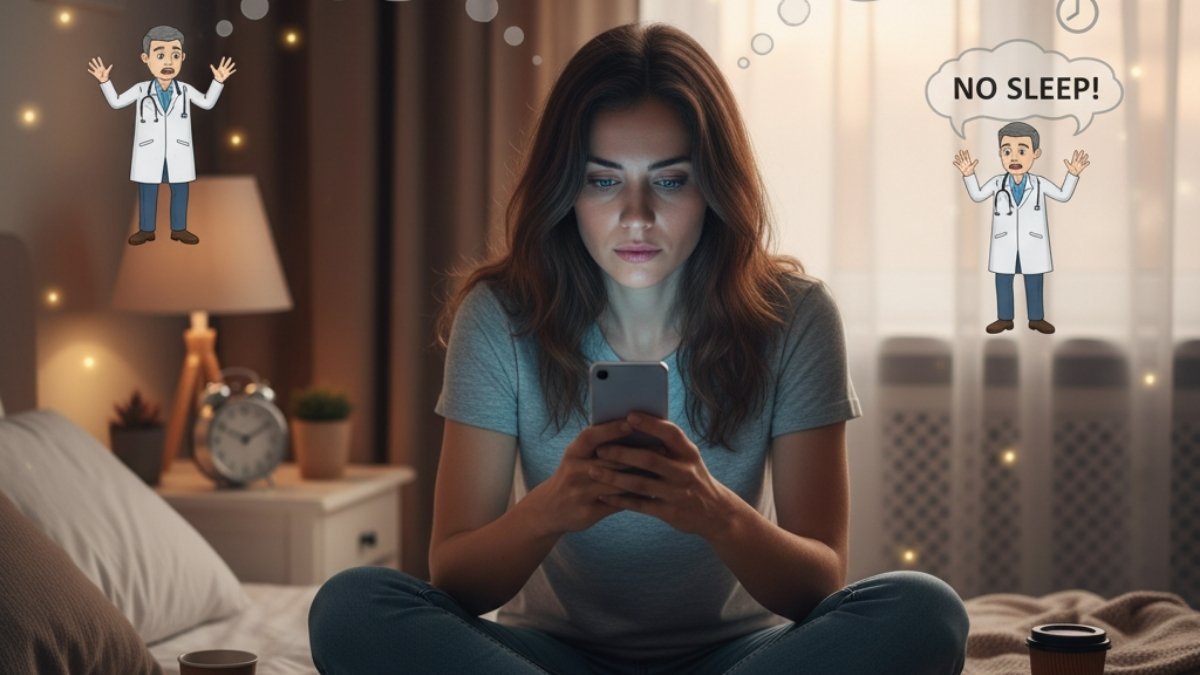
We’ve all been there.
It’s 11:45 PM. You are exhausted. Your eyelids feel heavy, your body is aching for the mattress, and you have a meeting at 9:00 AM tomorrow. Logically, you know you should turn off the light.
But you don’t.
Instead, you open TikTok. You watch one more episode. You scroll through Instagram stories of people you haven’t spoken to in high school. You aren’t even really enjoying it—you’re just… delaying.
This isn’t just bad time management. It’s a psychological protest. It has a name, a history, and unfortunately, a steep biological price tag. It’s called Revenge Bedtime Procrastination, and if you feel like you’re fighting a losing battle against your own brain every night, you are not alone.
Here is what is actually happening to us, why our brains are wired to sabotage our sleep, and how we can actually fix it without feeling like we’re giving up our only free time.
It’s Not Laziness, It’s Rebellion
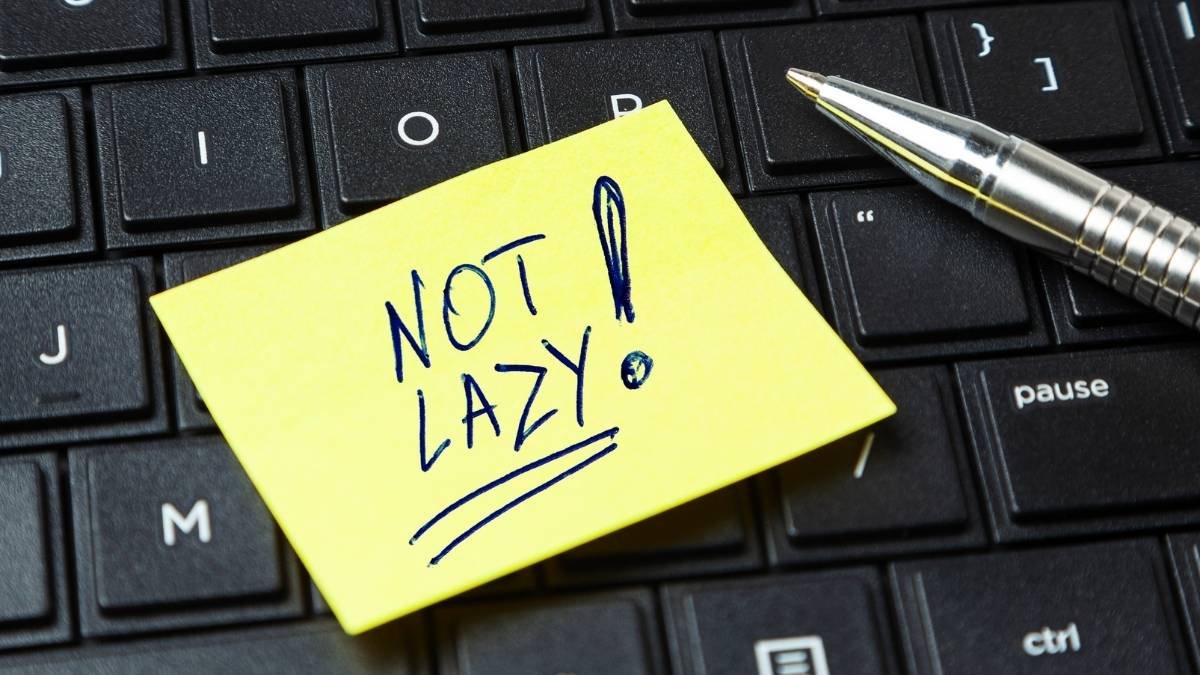
First off, let’s kill the shame. This behavior didn’t start because we suddenly lost our discipline. The term actually originated in China around 2014—specifically on the social media platform Weibo—as bàofùxìng áoyè (retaliatory staying up late).
It was a response to the brutal “996” work culture (9 AM to 9 PM, 6 days a week). Workers felt like their entire day belonged to their boss. The night? The night was the only time that belonged to them.
Journalist Daphne K. Lee popularized this in the West, describing it as a way for people without control over their daytime lives to refuse to sleep early just to regain some sense of freedom. It’s a trade: we trade tomorrow’s energy for today’s autonomy.
Are You a Revenge Sleeper?
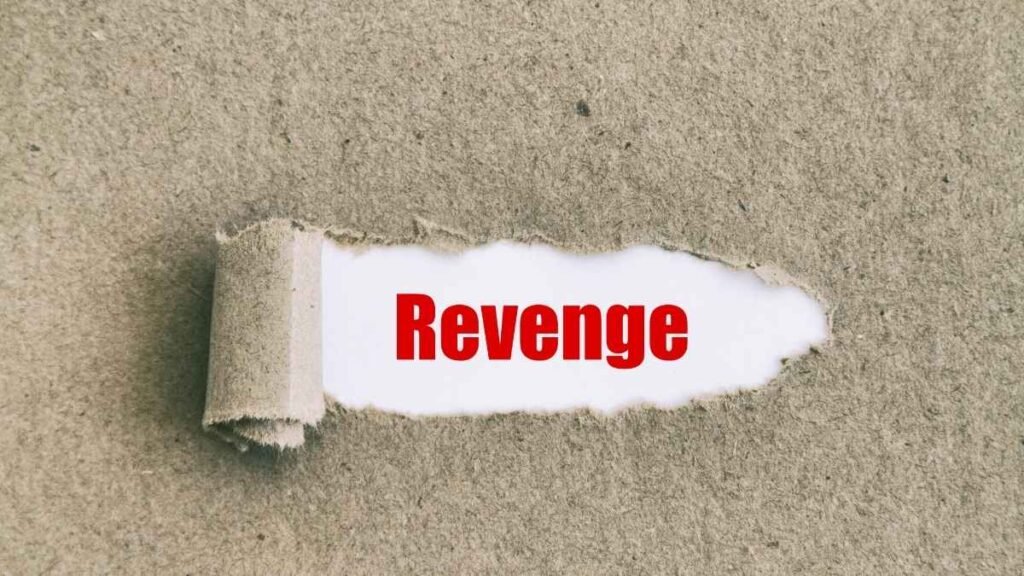
Clinicians actually have specific criteria for this. It’s distinct from insomnia because you can sleep, you just won’t.
😴 Revenge Bedtime Procrastination 🌙
The Science (Or, Why Your Brain Acts Like a Toddler)

You might be wondering: “If I know I’m going to be miserable tomorrow, why do I keep doing this?” It’s because by 11:00 PM, the “adult” in your brain has left the building.
Neuroscience tells us this is a battle between two specific brain regions:
- The Prefrontal Cortex (PFC): This is the CEO of your brain. It handles long-term planning, logic, and impulse control.
- The Limbic System: This is the emotional center. It wants pleasure, dopamine, and comfort—now.
Here is the problem: The PFC gets tired. After a day of making decisions, working, and suppressing emotions, you suffer from what psychologists call “ego depletion” or “decision fatigue”. Your CEO is off the clock.
That leaves the Limbic System in charge. And the Limbic System is essentially a toddler. It doesn’t care about your 9 AM meeting; it cares that TikTok is funny and scrolling feels good.
The “Tired but Wired” Trap

To make matters worse, we are fighting a dopamine trap. When we are sleep-deprived, our brain actually increases dopamine release in certain areas to keep us awake—a survival mechanism that backfires.14 We end up in a state of “paradoxical wakefulness” where we feel artificially stimulated, making it even harder to put the phone down.
The Generational Burnout (Gen Z is in Trouble)

While this affects everyone, the data shows that Generation Z is getting hit the hardest. They are the first generation to grow up in an “always-on” digital environment, and the stats are worrying.
- The Midnight Shift: Gen Z has an average bedtime of 12:30 AM, later than any other generation.
- The Habit: They push back bedtime an average of four nights a week.
- The Culprits: When asked what’s stealing their sleep, 49% named TikTok, 47% said YouTube, and 42% blamed Instagram.
It’s not just the content; it’s the mechanism. Social media provides “variable rewards”—you never know if the next video will be boring or hilarious. That uncertainty keeps the dopamine loop firing, overriding your biological drive to sleep (adenosine).
The Remote Work Paradox

You’d think working from home would help us sleep more, right? No commute?
Wrong. The lines have blurred. 40% of remote workers report getting only six hours of sleep a night. Without the physical boundary of leaving an office, the “work day” bleeds into the evening, pushing “me time” deeper into the night. We stay up late because it’s the only time the Slack notifications finally stop.
The Cost of Rebellion (It’s Expensive)
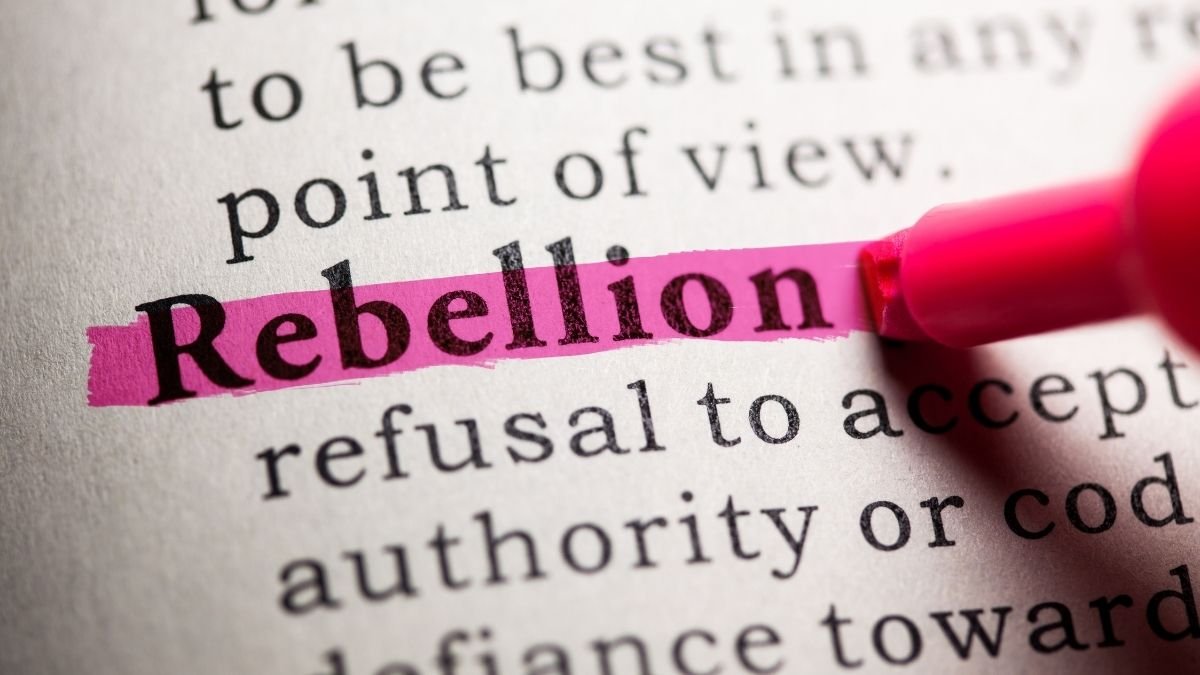
I know, I know. “I’ll sleep when I’m dead.” But the research is pretty clear: revenge sleep is essentially borrowing happiness from tomorrow at a very high interest rate.
This isn’t just about being groggy. It’s systemic.
- The Brain Drain: Chronic sleep procrastination leads to “hypofrontality”—meaning your prefrontal cortex (that CEO we talked about) works even worse the next day. It makes you moodier, more anxious, and less able to handle stress.
- The Body: It’s linked to everything from heart disease and diabetes to a weakened immune system. Studies have even shown that sleep deprivation can make vaccines less effective because your body can’t produce enough antibodies.
- The Wallet: We are trying to buy our way out of this. The “sleep economy”—gadgets, trackers, special pillows—is projected to hit $585 billion by 2024. We are spending billions to fix a fundamentally behavioral problem.
So, How Do We Actually Fix It? (Real Advice)
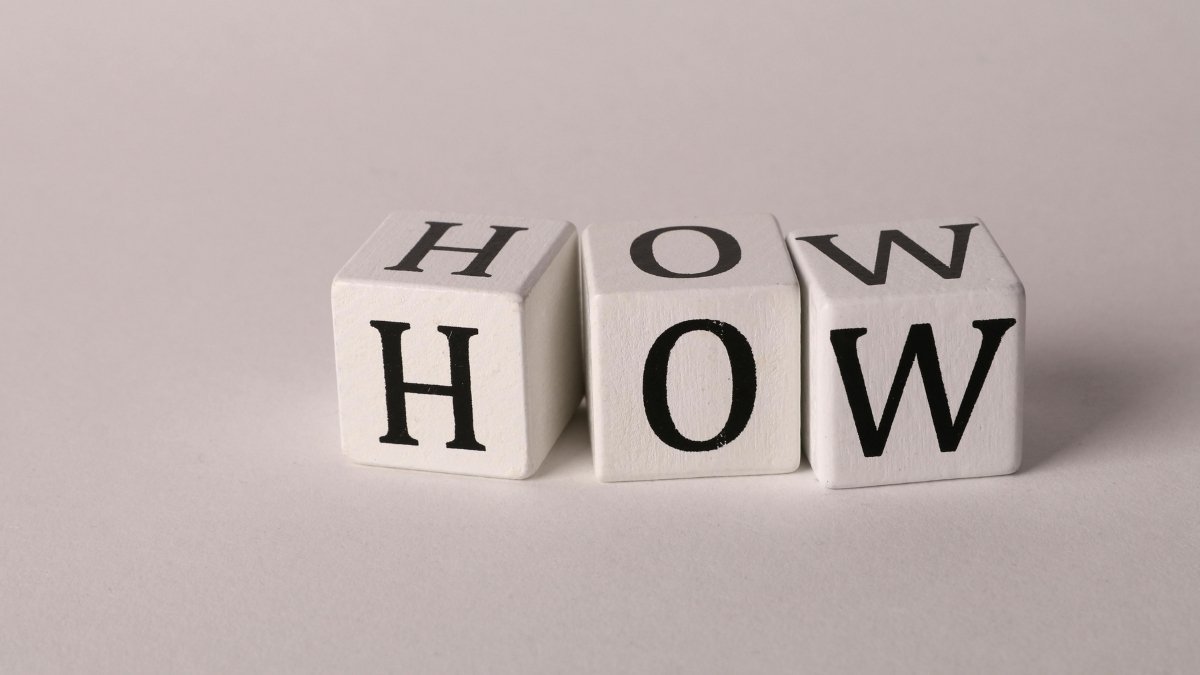
Okay, let’s get practical. “Just go to bed” is terrible advice. If it were that simple, you’d have done it already. We need to trick the brain and change the environment.
Here are strategies that actually work, based on behavioral psychology and CBT-I (Cognitive Behavioral Therapy for Insomnia).
1. The “Paradoxical Intention” Trick

This sounds crazy, but it works. If you are lying in bed doom-scrolling or staring at the ceiling, try to stay awake.
Psychologists call this “paradoxical intention.” The anxiety of “I must sleep now” actually keeps you awake. By telling yourself, “I will just lie here and keep my eyes open,” you remove the performance anxiety. Often, you’ll be asleep in minutes.
2. Use “If-Then” Planning (MCII)

Willpower fails when you’re tired. You need a script. Research supports a technique called Mental Contrasting with Implementation Intentions (MCII).
Don’t just say “I’ll sleep early.” Make a specific rule:
- “If it is 10:30 PM, then I will charge my phone in the kitchen.”
- “If I feel the urge to scroll, then I will pick up the paperback on my nightstand.”This automates the decision, so your tired brain doesn’t have to choose.26
3. Pay Yourself First (The Micro-Break)
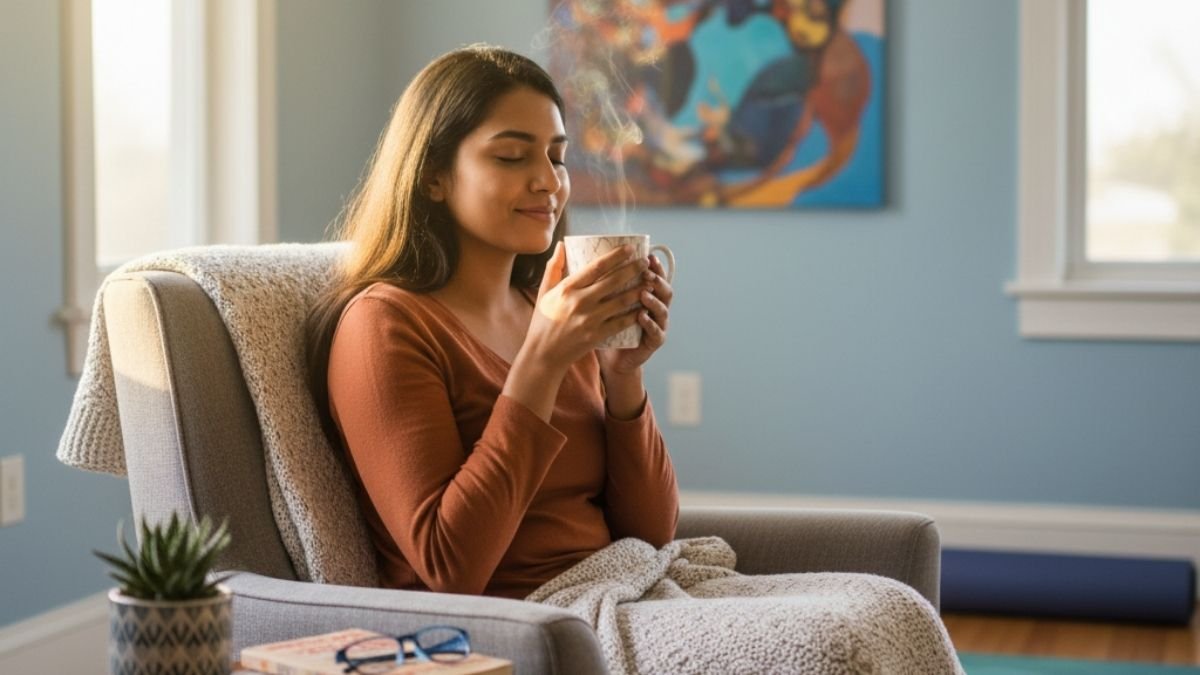
Since RBP is caused by a lack of leisure, you can’t just suppress the urge—you have to satisfy it earlier.
Stop saving all your fun for 11 PM. Schedule 15 minutes of “useless” fun at 2 PM or 6 PM. Watch the TikToks then. By “paying yourself” with leisure during the day, you reduce the desperate psychological need to rebel at night.
4. The Sanctuary Rule (Stimulus Control)
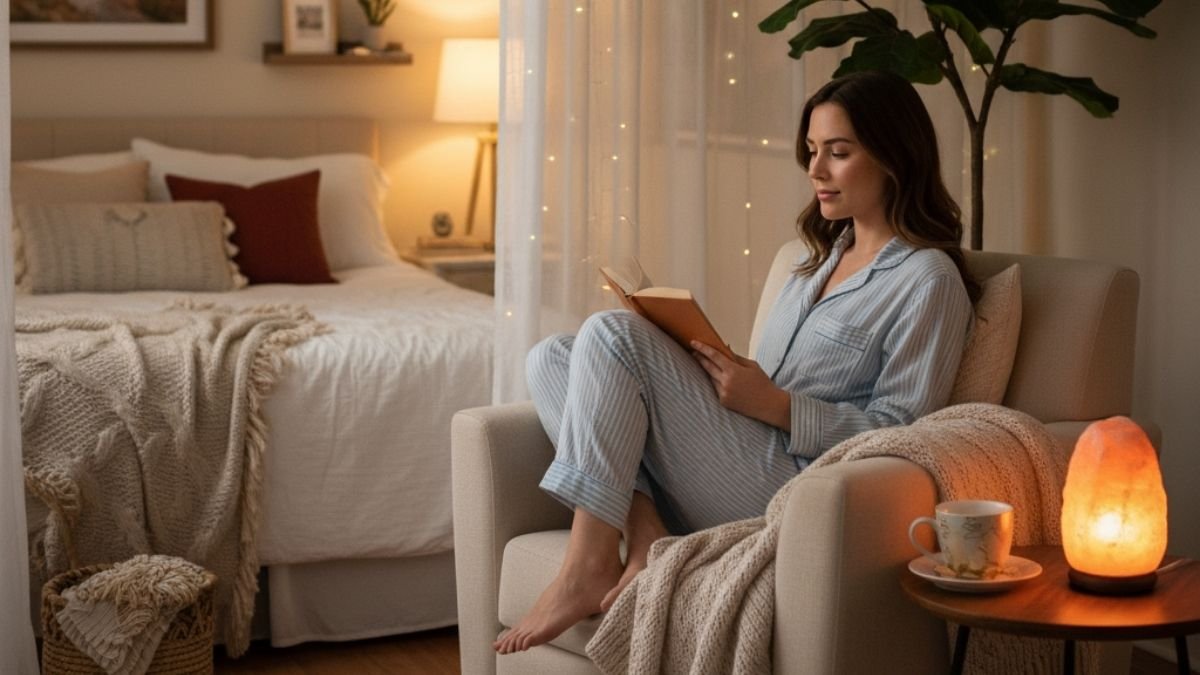
This is a core tenet of sleep therapy. Your bed is for two things: sleep and intimacy. That’s it.
If you are awake and scrolling for more than 15 minutes, get out of bed. Go to the living room. Do something boring. Only return to bed when you are actually sleepy. You need to break the association between your bed and “entertainment center”.
5. Debunking the Myths Keeping You Awake

Finally, stop telling yourself these lies. They are making it worse.
❌ Sleep Myths: The Lies That Keep You Awake 😴
Need More Help? Look Into These Tools
Sometimes, willpower just isn’t enough. If you are fighting a digital war against your own habits, it’s okay to call in reinforcements. While buying a gadget won’t fix the emotional root of revenge procrastination, the right tool can reduce the “friction” of good habits and make the bad ones harder to do.
Here are five highly-rated tools that can help you reclaim your night, based on the specific problems we discussed above.
1. The “Phone Jail” – Kitchen Safe (kSafe)

If you physically cannot stop scrolling, this is your nuclear option. It’s a time-locking container. You put your phone (or game controller) inside, set the timer for 8 hours, and press the button. It will not open until the timer hits zero. No overrides, no cheat codes. It forces you to disconnect and removes the need for willpower entirely.
2. The “Total Blackout” – Manta Sleep Mask
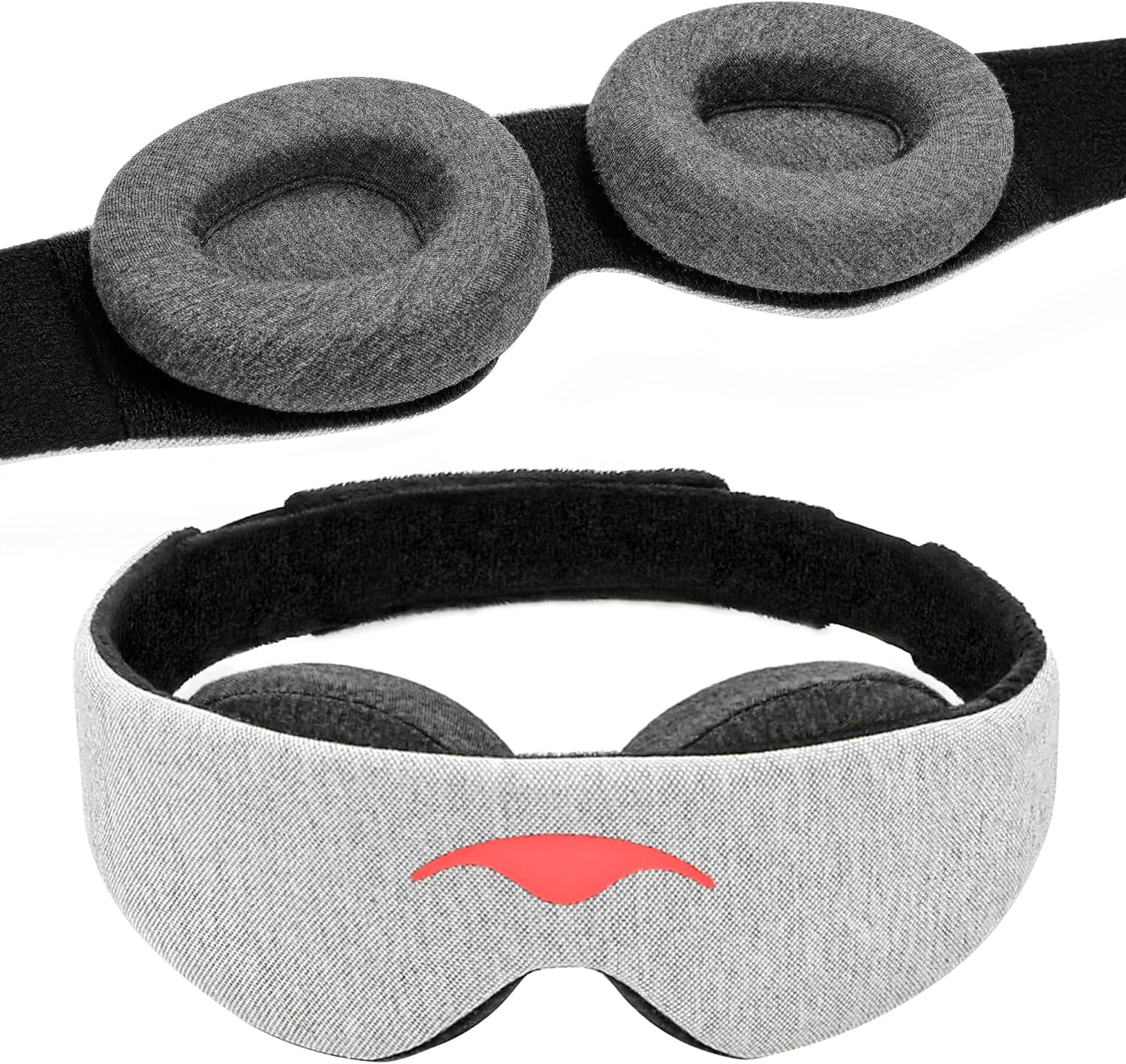
Light is the enemy of sleep, and even the standby light on your TV can be distracting. The Manta mask is a favorite because it offers 100% blackout with adjustable eye cups, meaning no pressure on your eyelids. It’s particularly good for side sleepers who struggle with bulky masks. If you can’t see the room, your brain has nothing to process but sleep.
3. The “Bedside Coach” – Hatch Restore 2

This device replaces the two things keeping you up: your phone alarm and your need for wind-down content. It’s a sunrise alarm clock, sound machine, and smart light rolled into one. It gently guides you through a sleep routine (like reading light to rain sounds) and wakes you up with a gradual sunrise instead of a jarring ringtone. It looks great on a nightstand, too.
4. The “Anxiety Hug” – Bearaby Cotton Napper

If “Revenge Sleep” comes from anxiety or a need for comfort, a weighted blanket can help reset your nervous system. Unlike traditional weighted blankets that use glass beads (which can get hot and lumpy), the Bearaby is made of chunky, hand-knitted organic cotton. It’s breathable, looks like a stylish throw, and provides that calming “deep touch pressure” without making you sweat.
5. The “Natural Sunrise” – Philips SmartSleep Wake-up Light

If the Hatch feels too “techy” or subscription-heavy for you, this is the gold standard for pure light therapy. It mimics the natural colored sunrise (from red to orange to yellow) to wake you up biologically before your alarm even goes off. Waking up feeling rested—rather than startled—can reduce the grogginess that leads to procrastination later that night.
The Bottom Line
Revenge Bedtime Procrastination feels like freedom, but it’s really a cage. It keeps us in a cycle of exhaustion where we are too tired to work effectively, which makes us work longer, which leaves us with no free time, which makes us stay up late to get revenge.
Breaking the cycle isn’t about being a perfect, disciplined robot. It’s about reclaiming your day so you don’t have to sabotage your night. Tonight, try leaving the phone in the other room. Your notifications will be there in the morning. But this version of you—the rested, capable, happy version—can only exist if you sleep.






